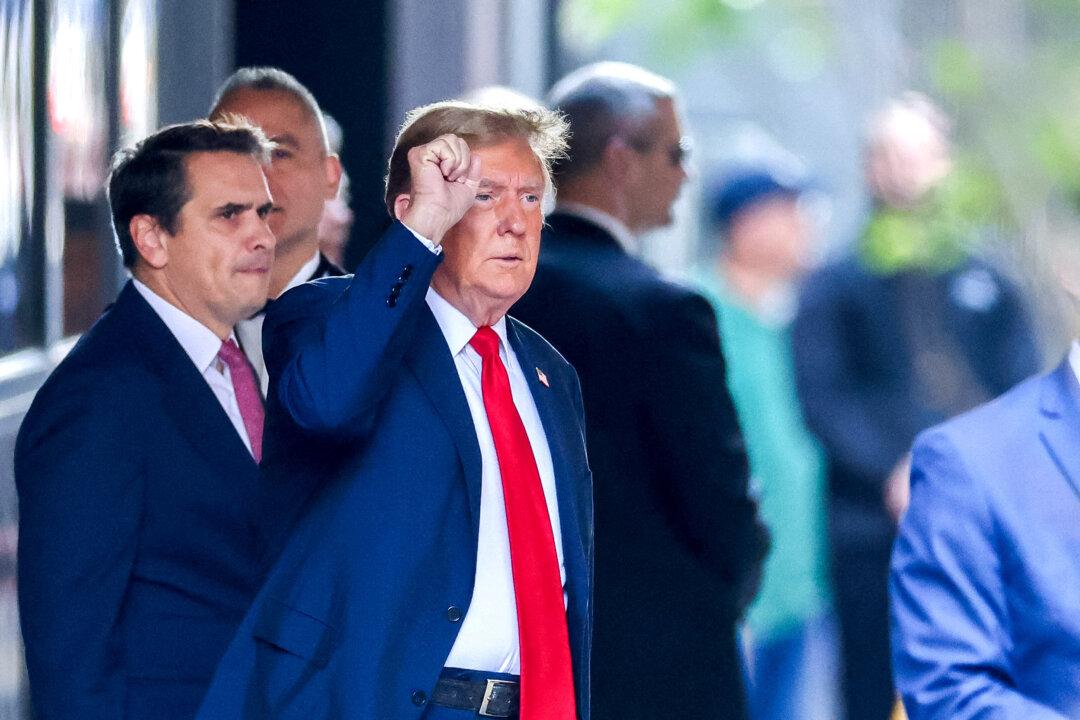The Trump campaign on Tuesday issued a rebuke of the Commission on Presidential Debates (CPD) refusal to move up its debate schedule until after millions of Americans have already cast their ballots, calling it “unacceptable” and a “grave disservice” to the electorate.
In a statement, former President Donald Trump’s campaign representatives Chris LaCivita and Susie Wiles intensified criticism of the body that sponsors all general election presidential debates. Previously, they had requested debates to be held “much earlier” than the commission’s planned first debate in mid-September.





